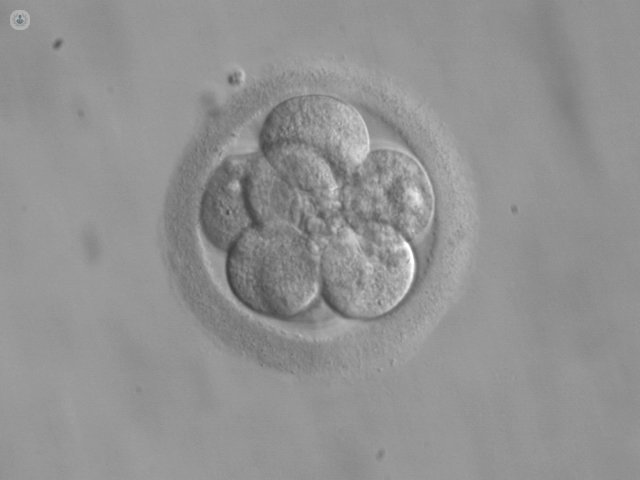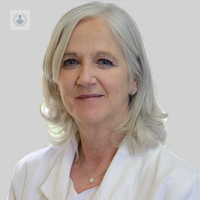The genetic modification of embryos supposed scientific progress
Written by:The genetic modification of embryos is currently a contentious issue which raises a debate between scientific progress and ethical limits. But the reality is that techniques for assisted reproduction , modification of human embryos can mean tremendous progress in understanding the development of embryos.
First genetic modification of human embryos
In the United Kingdom it has authorized a group of British scientists laboratory Niakan Kathy Francis Crick Institute in London, for the first time to the genetic modification of human embryos in order to better understand the early stages of development. The CRISPR-Cas9 genetic technology is used because of its high potential for scientific researchers can modify virtually any gene.
Reviews of genetic modification of embryos
 The strength of knowledge and strength of fear and rejection to move: As usual the opportunity to present a scientific breakthrough that represents a paradigm shift two opposing views that pull in opposite directions appear. In the case of human embryos, they are even voices against what they call genetic manipulation, even associating with the ability to 'make embryos to the letter'.
The strength of knowledge and strength of fear and rejection to move: As usual the opportunity to present a scientific breakthrough that represents a paradigm shift two opposing views that pull in opposite directions appear. In the case of human embryos, they are even voices against what they call genetic manipulation, even associating with the ability to 'make embryos to the letter'.
With genetic modification of embryos, the aim is to better understand the mechanism acting on the implantation of embryos, to and see what makes the implantation of embryos fail in some cases. To date, it has experienced enough with embryos in animals, but little is known about the genes of human embryos. Scientists develop these new investigations may not implant embryos in women, because it is illegal.
In our country embryo research is permitted from the Assisted Reproduction Act of 2006. But in practice there are no research projects in which embryos are left over from assisted reproduction techniques, but these are accumulated on the banks of clinical use.
Scientific progress is a common good
It is necessary that science progresses and knowledge acquired to improve current treatments fertility and prevent recurrent abortions. In addition, a worthy destination would the millions of embryos that are accumulated in assisted reproduction centers.
In many cases, the opinions against the modification of embryos are made on behalf of ethical values, which in the best case are unique and can not be extended to the whole society.
In 1978 in England he was born the first child born by IVF. The center where the procedure was performed, Bourn Hall, did not allow the scientist Robert Edwards team that would work in the hospital, and 'relegated' to more remote stays. Later, in 2010, Robert Edwards received the Nobel Prize for his discovery, and center today still echoing its relevance.
No wonder they say that man is the only animal that stumbles twice on the same stone. And hundreds of times ...


